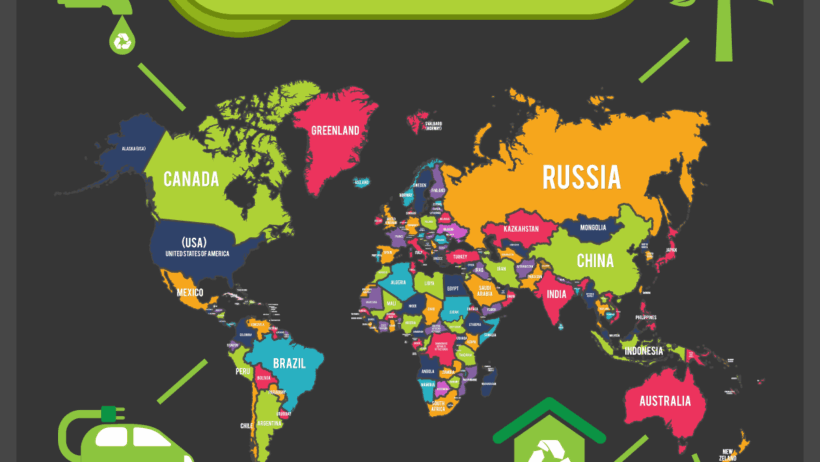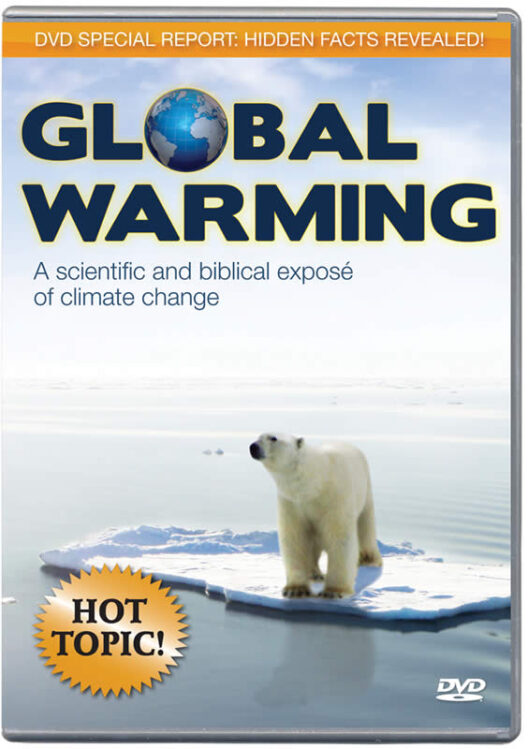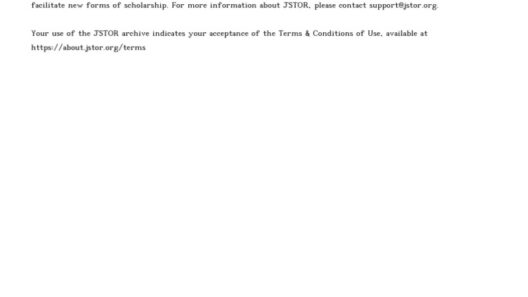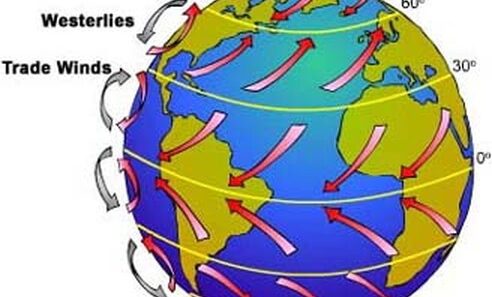In an era marked by the escalating threats posed by climate change, the necessity for meticulous data collection and analysis becomes paramount. However, a pressing question looms: are all countries utilizing the same global warming data? Upon examination, it is evident that a multitude of factors influences how nations gather, interpret, and employ climate-related information, leading to a complex landscape where consistent data is often the exception rather than the norm.
Data discrepancies arise from fundamental differences in national priorities, methodologies, and technological capabilities. First and foremost, countries possess varying levels of resources dedicated to climate science. Wealthier nations, such as those in Western Europe and North America, often boast advanced research facilities, extensive funding for scientific studies, and comprehensive monitoring systems. In contrast, developing countries may struggle with limited financial resources and inadequate infrastructure, which can result in gaps in data collection and analysis. This divergence inevitably skews the global narrative on climate change, as the data that is produced may not reflect the realities facing less affluent nations.
The methods employed to gather climate data also vary significantly. Some nations may rely heavily on satellite technology to monitor environmental changes, while others depend on ground-level observations or a combination of both. This methodological divergence can yield different conclusions regarding the rate and impact of global warming. For instance, satellite data might provide a broader perspective, capturing phenomena over vast regions, whereas ground-level data can offer granular insights about specific localities. In turn, these differences influence policy decisions both domestically and internationally.
Moreover, the interpretation of data is often colored by national interests and political agendas. A country heavily reliant on fossil fuel production may approach climate data with a lens that favors economic growth over ecological preservation. This bias can lead to selective reporting where data that reinforces a country’s narrative is highlighted, while contradicting evidence is downplayed. For example, a nation might emphasize its efforts in renewable energy development while minimizing its carbon emissions from industrial activities. This selective interpretation contributes to an uneven understanding of global warming and hinders collective efforts to combat it.
The global climate narrative is further complicated by the existence of international organizations and treaties. Bodies such as the Intergovernmental Panel on Climate Change (IPCC) strive to synthesize climate data from various sources, aiming to present a cohesive understanding based on the best available science. However, even these institutions face the challenge of ensuring that the data contributed is consistent and reliable. Disparate methodologies and reporting standards among countries can lead to inconsistencies in the findings produced by these organizations. As nations report their greenhouse gas emissions, variations in calculation approaches can result in differing totals, thereby perpetuating confusion in the global community.
This phenomenon brings to light a deeper issue regarding the standardization of climate data across nations. Calls for a universal framework for climate data reporting and analysis have gained traction in recent years. Advocates argue that a standardized approach would enhance comparability and facilitate more effective international collaboration. For example, the introduction of common metrics for measuring carbon emissions could enable countries to transparently share their progress, paving the way for more effective strategies to mitigate climate change.
Additionally, cultural and ideological perceptions regarding environmental responsibility can influence the types of data that countries collect and the way they report it. Some nations operate under frameworks that prioritize economic advancement above environmental considerations, while others adopt a more holistic view that integrates sustainable development principles. This ideological divergence can significantly affect national policy and the data that informs those policies, resulting in varying levels of engagement and action in the fight against global warming.
Furthermore, data accessibility poses another substantial barrier. In some instances, countries may possess critical climate data, but the information is not made publicly available, either due to political reasons or inadequate dissemination channels. This lack of transparency can hinder global initiatives that rely on a shared understanding of climate impacts and trends. Without access to comprehensive data, the international community is relegated to working with incomplete information, impeding the collaborative efforts necessary for effective climate action.
To navigate these complexities, a multi-faceted approach towards data sharing is essential. Countries must not only be encouraged to adopt standardized reporting practices but should also work towards enhancing transparency and accessibility of climate data. This could involve fostering partnerships among nations, utilizing technology to share findings in real-time, and promoting collaborative research initiatives that draw on the strengths of diverse countries.
In conclusion, the inquiry into whether all countries are using the same global warming data reveals a multifarious landscape fraught with challenges. From resource disparities and methodological variations to political biases and data accessibility issues, the global understanding of climate change is inherently uneven. As the impacts of global warming become increasingly severe, the need for a concerted effort to harmonize data collection and reporting practices cannot be overstated. Only through collaborative engagement and a commitment to transparency can the global community hope to forge a unified path towards mitigating the effects of climate change and securing a sustainable future for generations to come.








